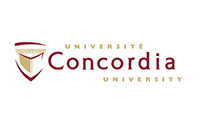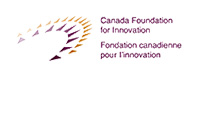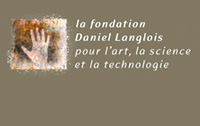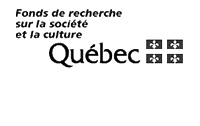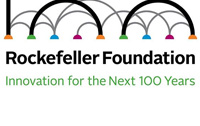– Vice Provost Research and Graduate Studies
– Vice Provost Teaching and Learning
– Faculty of Fine Arts
– Faculty of Engineering & Computer Science
– Office of Research
Concordia is a large, urban university, in Montreal, Quebec, Canada. The university has two campuses, set approximately 7 km apart: Sir George Williams Campus is in the downtown core of Montreal, and Loyola Campus is in the residential west-end of Montreal. They are connected by a free shuttle-bus service for students, faculty and staff.
Although founded in 1974, the university traces its academic roots back to the early 20th century, with the development of the Jesuit-run Loyola College and the YMCA-based Sir George Williams University. (Read more about our history.)
Concordia is proud of its tradition of accessibility and concern for the individual. We value inter-disciplinary approaches to learning, and we are dedicated to offering the best possible scholarship, research and training for the real world.
Concordia’s more than 180 undergraduate programs are divided into four Faculties: Arts and Science, Engineering and Computer Science, Fine Arts, and the John Molson School of Business. Students are enrolled in one of these Faculties, but they may take courses from any of the others as part of their studies. Many programs also offer a “co-operative” component, whereby students get work experience while they study.
In addition, the School of Graduate Studies offers more than 70 programs leading to Master’s and doctoral degrees, as well as a variety of graduate diplomas and certificates for professionals seeking to upgrade their knowledge and skills.
Students enter the university in September, or in some cases, in January or May. An undergraduate degree normally takes three or four years to complete, a Master’s takes from a year-and-a-half to three, and a PhD is at least four years long. Certificates and diplomas usually take no longer than a year-and-a-half to complete.

